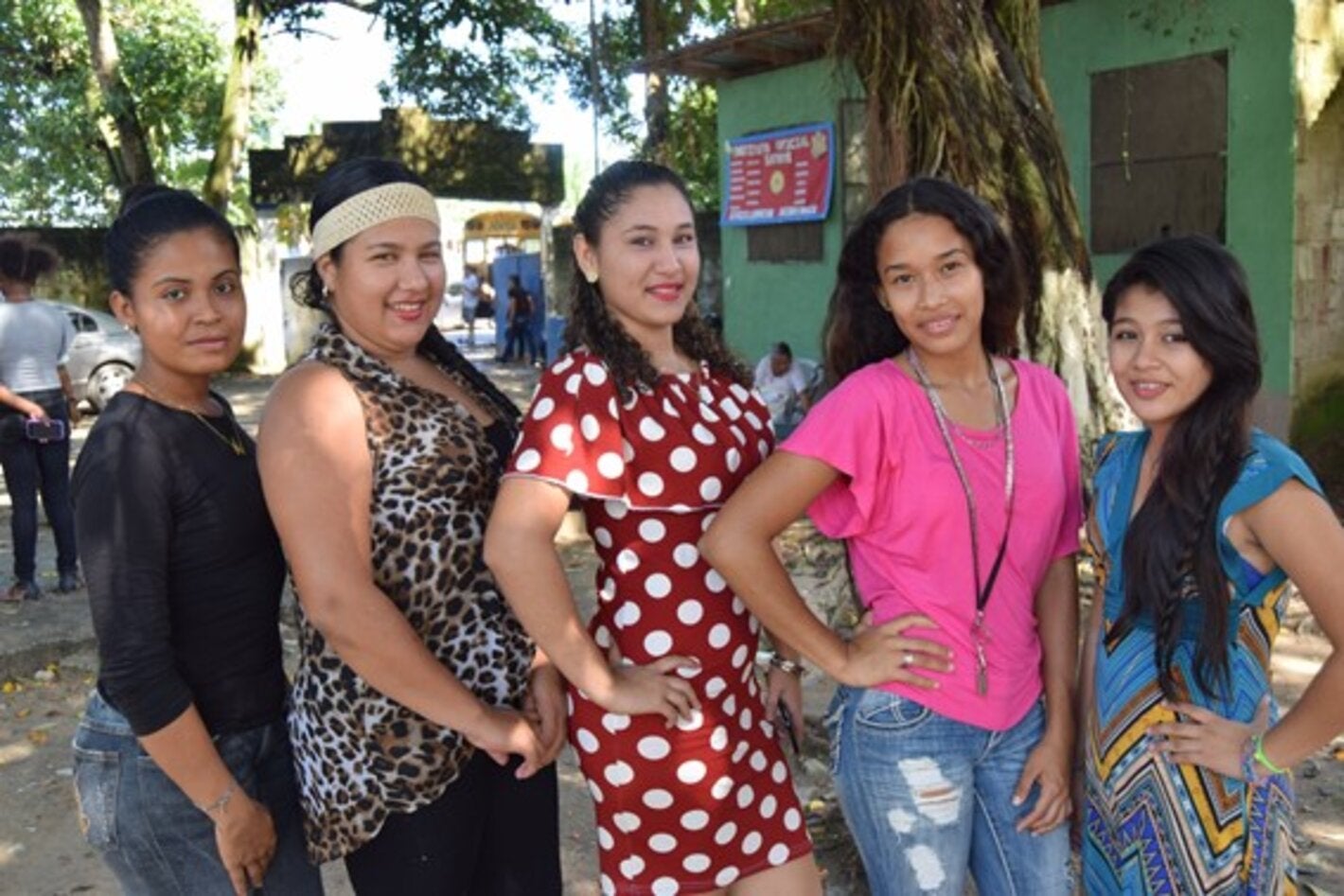
Statement by PAHO Director Carissa F. Etienne, 8 March 2015
International Women´s Day, March 8, is an occasion to celebrate women's enormous contributions to humanity and to found a clarion call—without reservations—for the equality and human rights protections that all women and girls deserve. This year's theme, "Make it Happen," is a call to action to make the principles of gender equality and human rights a reality for every woman, regardless of age, ethnicity, gender identity or sexual orientation.
Women have contributed to and benefited from progress in health in recent decades. Take, for example, gains in life expectancy. A baby girl born today in the Americas can expect to live to the age of 79.5, nearly four years more than she could just two decades ago and 5.5 years more than a baby boy.
Yet women also continue to experience significant disadvantages in health that may not be reflected in longer life expectancy. In our region, the most serious of these are unacceptable levels of maternal mortality, the restriction of sexual and reproductive health rights, and violence against women. These unresolved public health problems are urgent despite being historically persistent.
What can we at PAHO/WHO do, together with our member countries, to resolve these special problems for women's health—to "Make it Happen"? There are actions and approaches that we know are effective and that should be replicated and scaled up, as well as monitored and evaluated. We know, for example, that health promotion messages have better uptake if they are delivered in places and ways that women can receive them. We know that chronic disease risk factors are different for women and men, and addressing their specific needs and realities is more effective than generic advice. We know that access to comprehensive sexual and reproductive health information and services, including contraception, allows women to make informed decisions about if, when and how many children they will have. Unfortunately, there are strong social, cultural and political forces in our region that continue to put up barriers to this empowerment.
We know we need specific policies that address the health needs of women and girls across the life course, including and beyond reproductive health. But we also know that policies are not enough. Training health providers, improving health statistics and monitoring health policies for their contributions to overcoming the barriers women and girls face are critical to achieve health equity.
At PAHO/WHO, we are working with our member countries and partners to build evidence, capacities and alliances to effectively address women's and girls' health needs and to keep those needs central to the pursuit of universal health coverage and the post-2015 Sustainable Development Goals. Today, on International Women's Day, we invite all who share our passion—women and men alike—to join our efforts to advance women's equality and empowerment to make the Americas a region where no woman or girl is left behind.



